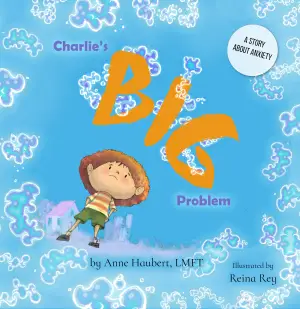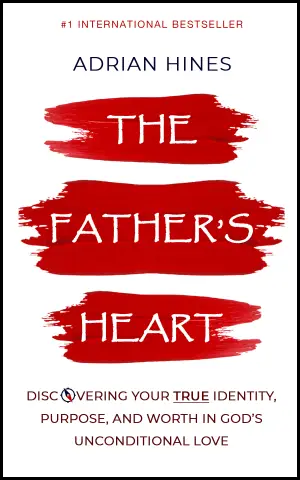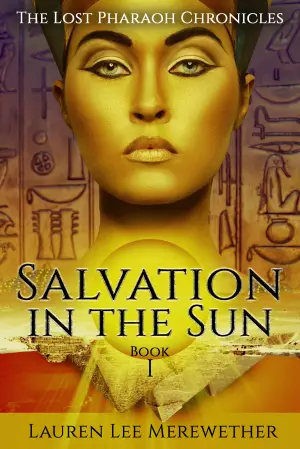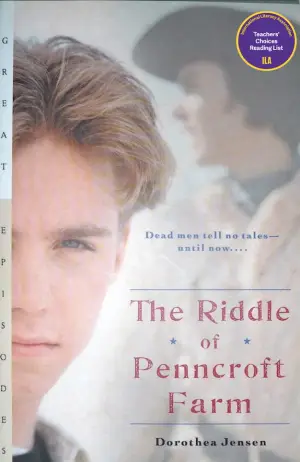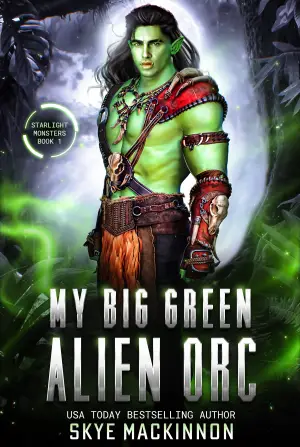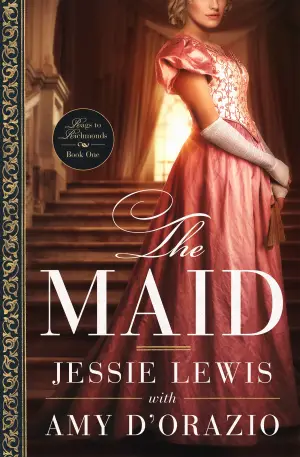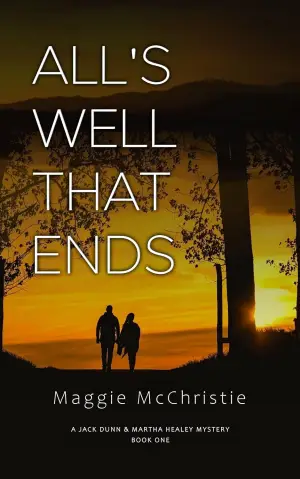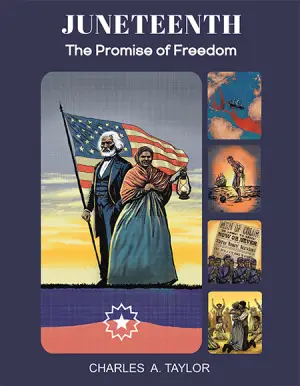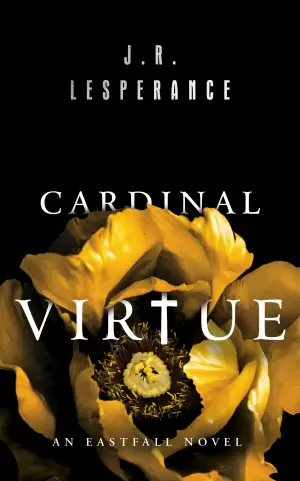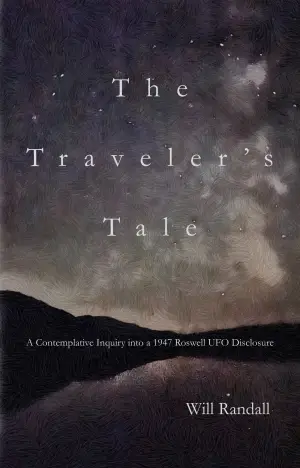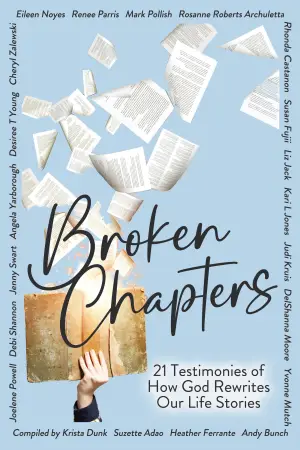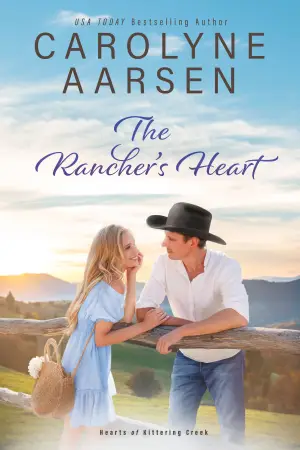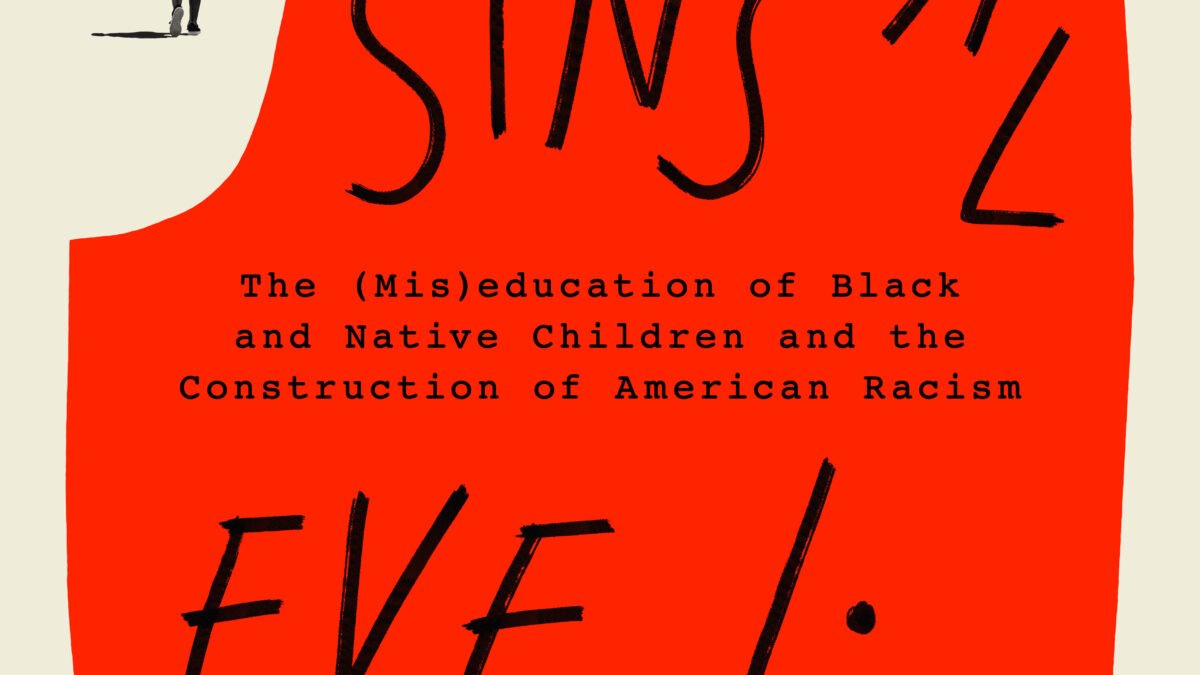
Book Review of Original Sins: The (Mis)education of Black and Native C…
Review of Original Sins: The (Mis)education of Black and Native Children and the Construction of American Racism by Eve Ewing
From the moment I stumbled upon Eve Ewing’s Original Sins, I felt an undeniable pull towards its premise—an exploration of education through the lens of colonial capitalism and systemic racism in America. As someone deeply invested in education and its myriad ramifications, Ewing’s work promised both challenge and revelation, and it did not disappoint.
Ewing deftly articulates how schools, often viewed as bastions of fairness and equality, are enmeshed in the same systems that have historically oppressed Black and Native communities. Through the lens of historical injustices—the displacement of Indigenous peoples and the theft of African bodies—she lays bare the uncomfortable truth: American schools haven’t served as great equalizers, but rather as vehicles of control, perpetuating inequalities under the guise of education.
What struck me most about Ewing’s writing is her ability to weave extensive historical research with present-day implications. Each chapter flows seamlessly, starting with the founding ideologies that supported chattel slavery and moving forward to contemporary issues such as the school-to-prison pipeline. Ewing’s nuanced examination is both eye-opening and disheartening, challenging the notion that hard work and merit alone dictate educational outcomes—an idea that more often serves the privileged than the marginalized.
Her accessible prose, packed with insights, means that even readers less familiar with educational theory can engage with her arguments. Ewing’s criticisms of popular educational frameworks, such as Doug Lemov’s Teach Like a Champion, resonate particularly well. I found myself nodding in agreement as she dismantles disempowering teaching methods that treat students as vessels to be filled rather than individuals to be nurtured. Ewing calls for an ethic of care, emphasizing that education should thrive on solidarity and mutual growth.
Ewing’s personal anecdotes, particularly her experience with the "scared straight" field trips, hit home for me. As educators, we can too easily forget to consider the myriad backgrounds our students come from, missing the opportunity to foster authentic connections and understanding. It’s moments like these that make Original Sins not just a scholarly critique, but a deeply human exploration of the lives affected by educational policies.
A particularly poignant metaphor Ewing uses is that of braiding, a symbol that underscores the communal essence of teaching and learning. This imagery resonates with me deeply, reminding me of the bonds we create in educational spaces and the collective journey we embark upon. It feels like an essential call to action—one that urges us to redefine our relationships within the educational landscape.
Original Sins is more than a pivotal read for educators; it’s a call for anyone who cares about justice, community, and the future of education. Ewing’s insights are urgent and necessary, providing a framework for understanding how our historical fabric continues to shape education today. I can envision this being transformative for new teachers, parents, and community advocates alike—essential reading for those ready to confront uncomfortable truths and advocate for meaningful change.
In a world rife with inequities, Eve Ewing gives us not just a guide to understanding our present, but also a pathway towards a more just educational future. I found my perspective on education profoundly reshaped by this book, and I cannot recommend it highly enough.
Discover more about Original Sins: The (Mis)education of Black and Native C… on GoodReads >>

